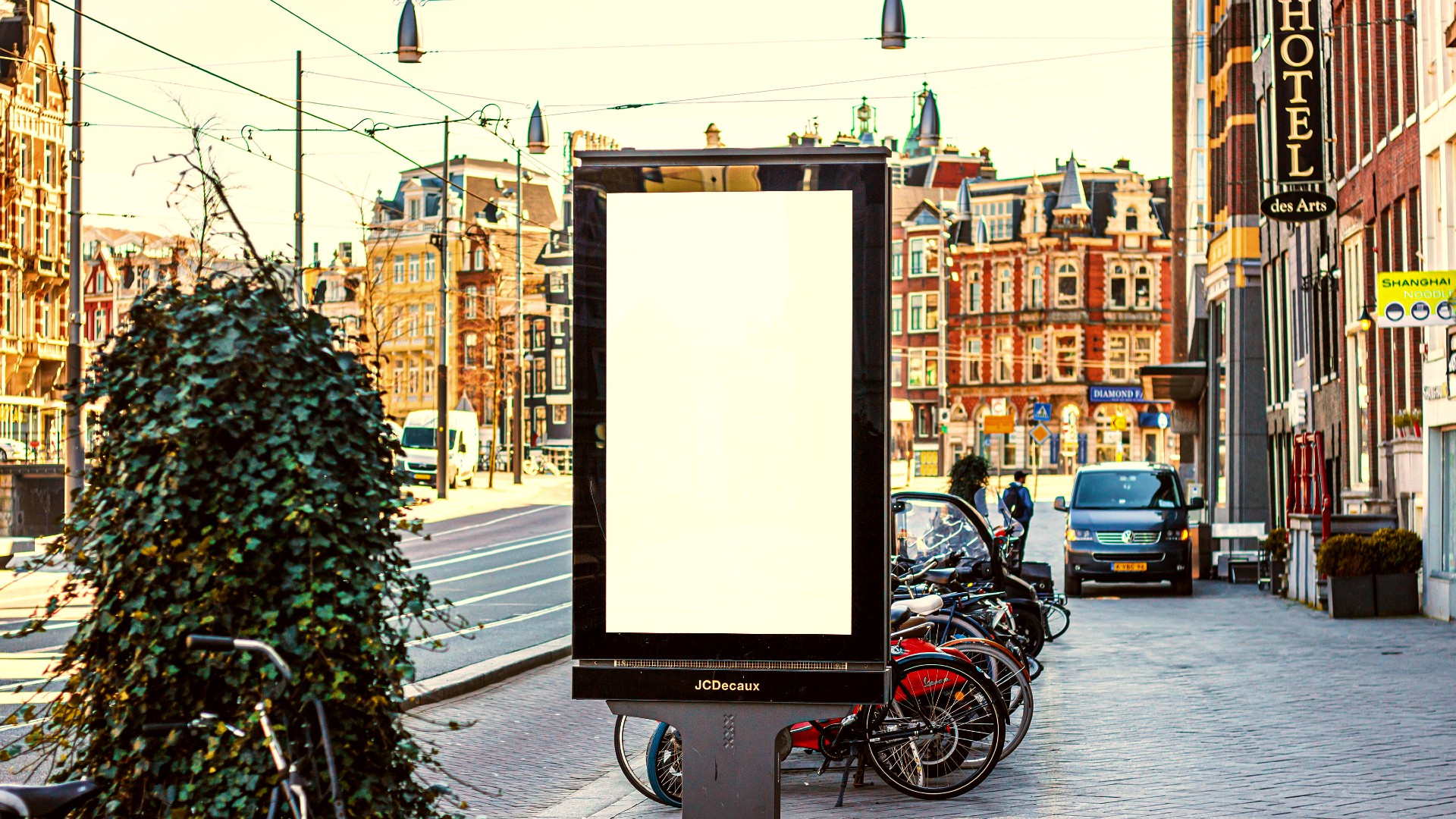In an effort to reduce consumption and greenhouse gas emissions, Haarlem in the Netherlands has made the bold decision to outlaw ads for intensively farmed meat on buses, shelters, and screens.
Acknowledging the link between animal exploitation and the worsening climate crisis, a Dutch city will become the first in the world to outlaw meat adverts from public spaces.
The drastic measure – following reports from the UN that the agriculture industry contributes to about a quarter of our total greenhouse gas emissions – has been drafted by green political party GroenLinks in Haarlem, which has a population of about 160,000.
In an effort to reduce consumption and encourage more environmentally conscious lifestyles, the plan is to prohibit buses, shelters, and screens from displaying ads including everything from supermarket chicken to McDonald’s burgers.
‘If people want to continue eating meat, fine,’ says Ziggy Klazes, who is responsible for drafting the original motion.
‘What we can’t do is tell people there’s a climate crisis and then encourage them to buy products that are part of the cause.’
Set to come into force as soon as 2024, the proposed policy is part of a wider ban on fossil fuel promotion or marketing.

Yet although decisions to phase out the sponsorship of flights, cars, and oil (among others) have so far been welcomed by the Dutch public, the addition of meat has triggered significant backlash.
This is because opponents of the move, with the Netherland’s lucrative meat sector unsurprisingly at the helm of the criticism, believe the municipality is ‘going too far in telling people what’s best for them.’
In short, they are complaining that it’s patronising and stifles the human right to free speech.



















